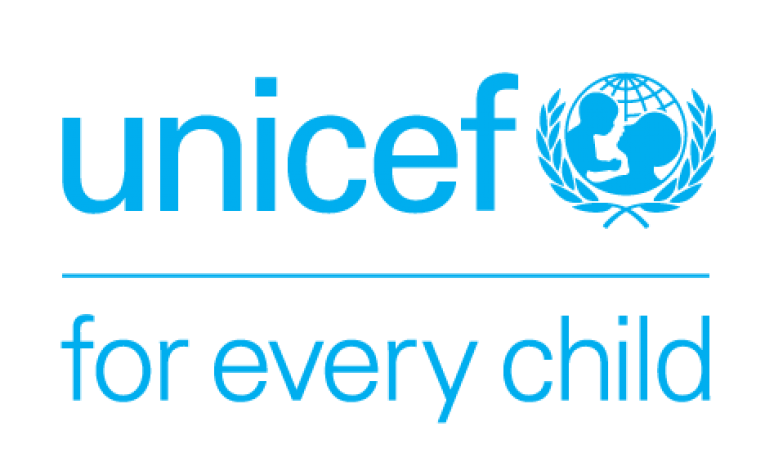UNICEF and Microsoft launch improved, scalable technology to protect vulnerable children and women amid rise in domestic and gender-based violence due to COVID-19
UNICEF and Microsoft Corp. launched a new version of Primero called Primero X — an open source case management web application that helps social service providers coordinate critical support to vulnerable children. Key interventions include providing access to lifesaving services, such as family reunification and tracing, while still adhering to physical distancing and movement restrictions due to COVID-19. The launch of Primero X comes amid an increase in the rates of domestic and gender-based violence linked to the COVID-19 pandemic.
Millions of children are now more vulnerable to violence, abuse and neglect due to the socioeconomic consequences of the intensifying pandemic. There are 1.8 billion children in the 104 countries where violence prevention and response services have been disrupted due to COVID-19.[1] Schools are shuttered, parents and caregivers are losing jobs, and families are under increasing financial strain.
Over the past 12 months, UNICEF and Microsoft have been working together to enhance Primero to allow governments and other partners to deploy the application more quickly in humanitarian crises; support usage in offline and online settings from any device; improve the quality and consistency of care to vulnerable groups; and protect the privacy of at-risk children. The new version of Primero is currently being piloted in Ghana, with expected release to dozens of other countries through 2022. UNICEF aims to have Primero X live in 60 countries and territories by 2025.
UNICEF and partners are urging governments and protection authorities to adopt innovative technologies, like Primero X, to ensure that vulnerable women and children can be protected even under the most challenging of circumstances. Primero X supports multiple modules and can adapt to a broad range of protection programming, including unaccompanied and separated children, psychosocial support, children in alternative care, and gender-based violence in emergencies. Additionally, UNICEF has been advocating for social service workers to be recognized as “essential workers.”
“Social workers offer a lifeline to vulnerable children, especially during times of crisis and upheaval,” said UNICEF Deputy Executive Director Charlotte Petri Gornitzka. “COVID-19 is undermining the ability of these essential workers to do their jobs at the same time as needs are increasing. The partnership between UNICEF and Microsoft will help strengthen the Primero platform and scale it up to benefit millions of children and young people, both now and in the future.”
“We firmly believe technology can be a force for good in these challenging times, and our partnership with UNICEF to support vulnerable children and women is even more critical during COVID-19,” said Microsoft Global Head of Tech for Social Impact Justin Spelhaug. “Primero is improving the quality and consistency of care for social workers so they can focus on those who need it most.”
Primero X is offered as a digital public good, providing social service organizations with program expertise and operational support from a diverse global community of experienced child protection and gender-based violence specialists. It also protects client confidentiality and is aligned with Responsible Data for Children, ensuring children’s privacy when accessing services facilitated by the system.
New features of Primero X will help social service providers reach children with vital protection and support as communities around the world continue to grapple with the socioeconomic consequences of the pandemic. These features include:
- Microsoft technical infrastructure and design
- Online and offline use from any smart device without interruption
- Full-feature web application available on smartphones, resized to fit the screen
- Intuitive workflows and embedded help
- Enhanced security including two-factor identification
- Delivery via the Microsoft Azure cloud service
Primero has thus far been rolled out in 29 countries and territories including Bangladesh, Burkina Faso, Central African Republic, Colombia, Democratic Republic of Congo, Ghana, Guatemala, India, Indonesia, Iraq, Jordan, Kenya, Kyrgyzstan, Lebanon, Libya, Mali, Myanmar, Nigeria, the Philippines, Sierra Leone, Somaliland, Somalia, South Sudan, Sudan, Tajikistan, Tanzania, Uganda and Yemen.

